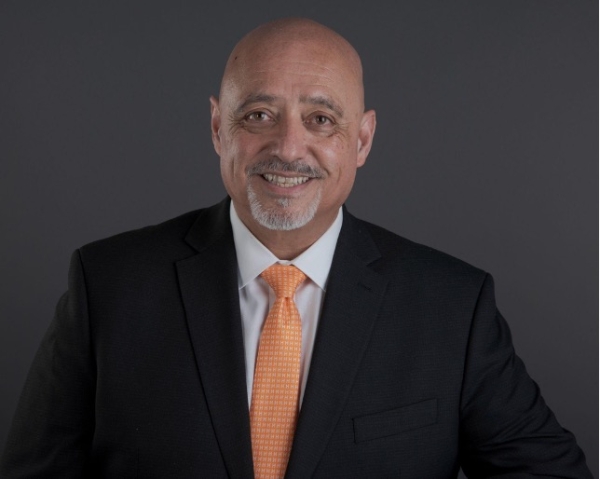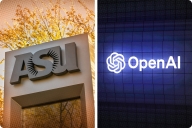You have /5 articles left.
Sign up for a free account or log in.
All too often, universities’ experiences are absent from the debate about the efficacy and desirability of university/company online-degree partnerships.
While I am skeptical about traditional online program management (OPM) relationships that involve lop-sided revenue shares to for-profit companies and long-term contract lock-ins, I also think there are good reasons why a school might choose to collaborate with an online partner.
To bring in more university voices, I’m looking to do Q&As with academic leaders who work with online learning companies. Please reach out to me if you fit this category.
For today, I worked with 2U to engage in a Q&A with Dr. Farzin Madjidi, Dean of Pepperdine University Graduate School of Education and Psychology (GSEP).
Q: In 2017, GSEP partnered with 2U to launch three online degree programs—a Master of Arts in Clinical Psychology, a Master of Art in Psychology, and a Master of Science in Applied Behavioral Analysis—which have since graduated over 1,600 students nationwide. What motivated you to initiate this collaboration, and how has the partnership gone?

A: Three words—purpose, service and leadership—appear in many documents that describe our institutional commitments at GSEP. In fact, one of our stated beliefs is that “Knowledge calls, ultimately, for a life of service.” As a helping profession, psychology is a field in which GSEP can serve diverse communities facing various mental health challenges.
We know that among high school students alone, the percentage of those who report experiencing persistent feelings of sadness and helplessness has increased from 28 percent in 2011 to 42 percent in 2021. This increase is even more dramatic and troubling among female students, from 36 percent in 2011 to 57 percent in 2021.
Expanding enrollment in our various psychology programs, and thus our ability to serve others, allowed us to increase our footprint in the mental health profession by training more psychologists, marriage and family therapists, and experts in Applied Behavioral Analysis.
This expansion of service required entering the online learning segment. 2U offered us an opportunity to combine their expertise in marketing, recruitment, retention and online delivery with our ability to deliver nationally recognized, high-quality psychology programs in order to enter this new delivery model.
Thankfully, our partnership has proven to be most successful, and we have grown together.
Q: How would you describe GSEP’s partnership with 2U?
A: Three concepts come to my mind: Collaboration/Partnership, Organizational Learning, and Large-Scale Service.
- Collaboration/Partnership: Our relationship with 2U has truly been an equal partnership. With a shared commitment to high quality and excellence, we have found joint solutions to challenging curricular delivery and complex student matters. We have maintained full control over academics with an eye on student needs and services. The result has been rigorous and rewarding programs that have kept the needs of our students at the center of our decision-making.
- Organizational Learning: We have not only relied on certain core competencies offered by 2U, such as marketing and student retention, but we have also embraced their best practices in online course design and delivery. This has led to the development of high-quality internal capacity, enabling us to handle these tasks with our in-house services. The result has been a more cost-effective delivery system that not only has maintained and exceeded our standards, but has also led to a more financially sound partnership.
- Large-Scale Service: Lastly, by offering our programs online, as I mentioned earlier, with more than 1,600 students, we now have expanded our ability to serve our students and their communities across the country and, in fact, the globe.
Q: Thinking toward the future, what excites you most about being a leading and prestigious school in the online learning landscape?
A: During the pandemic, the conventional wisdom was that students, having experienced robust online learning, would never return to on-campus classes. The data have not substantiated this claim. What we have learned is that students seek convenience and quality education. Some have engaged fully in traditional on-campus classes, while others have preferred fully online or hybrid programs.
In the online space, what we see now, and what we will see more in the future, is that it is not merely enough to roll out a bunch of courses on Zoom and expect to draw students. Online students’ expectations go far beyond that. There is a significant shift in online learning from “instructional design” to “learning experience design.”
In learning experience design, students not only have access to great instruction but also become a part of virtual learning communities, which allow them to have as rich an experience as they would have had if they were to have physically driven to campus. We are excited to lead the conversation and pedagogy in that space and, as our mission dictates, maintain the student at the center of the learning enterprise.








